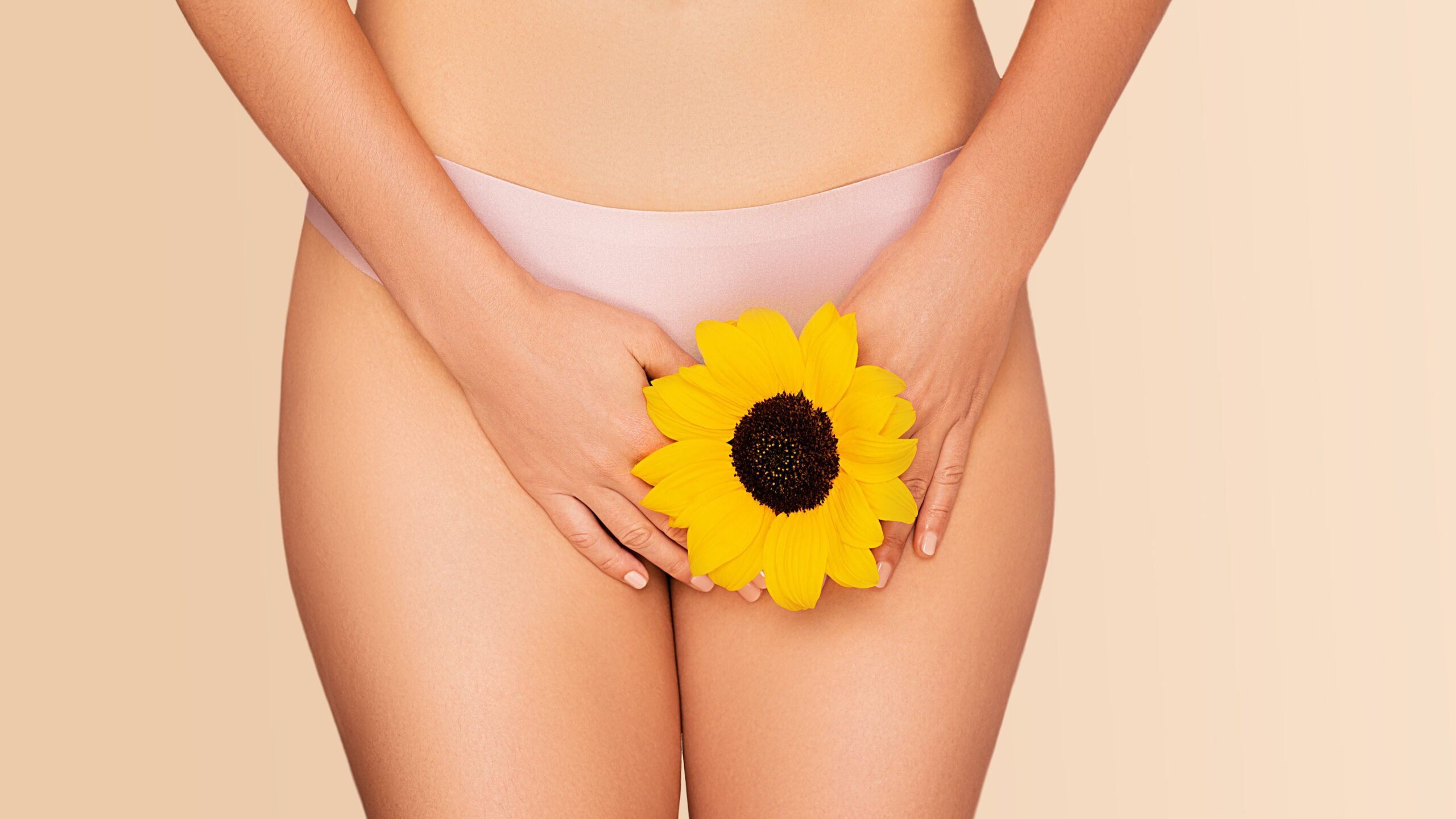
Did you know that along with fun in the sun, summer brings an increase in vaginal infections? It's true! Experts believe that it is because the increase in temperature leads to more moisture from sweating and swimming. That moisture in turn creates an environment that is just perfect for the bacteria that cause yeast infections or vaginitis to grow and thrive. Yikes! Fortunately, there are things that you can do to protect your vaginal health this summer. Also, as moms, it's not only important for us to take care of our own vaginal health, we also need to be knowledgeable so that we can teach our daughters how to care for themselves and avoid problems.
More from MamásLatinas: How to care for your skin in the summer
We're going to share tips that will help you avoid common vaginal infections. Once you know what they are, they are easy to follow. But if you do develop symptoms like itching, discharge, or odor in your vaginal area, please consult your health care provider immediately. There is absolutely nothing to be ashamed of and it's important to model taking care of ourselves without shame to our kids as well. OK, ready for the tips? Read on!
1. Let the area get some air.

Because bacteria thrives in warm, moist environments, letting your vagina get some air is a great way to dry the area out a bit. How do you do that? Consider sleeping without underwear on so there is air circulation. If that's not your jam, then opt for breathable cotton underwear that doesn't trap moisture.
2. Make sure your diet includes probiotics.
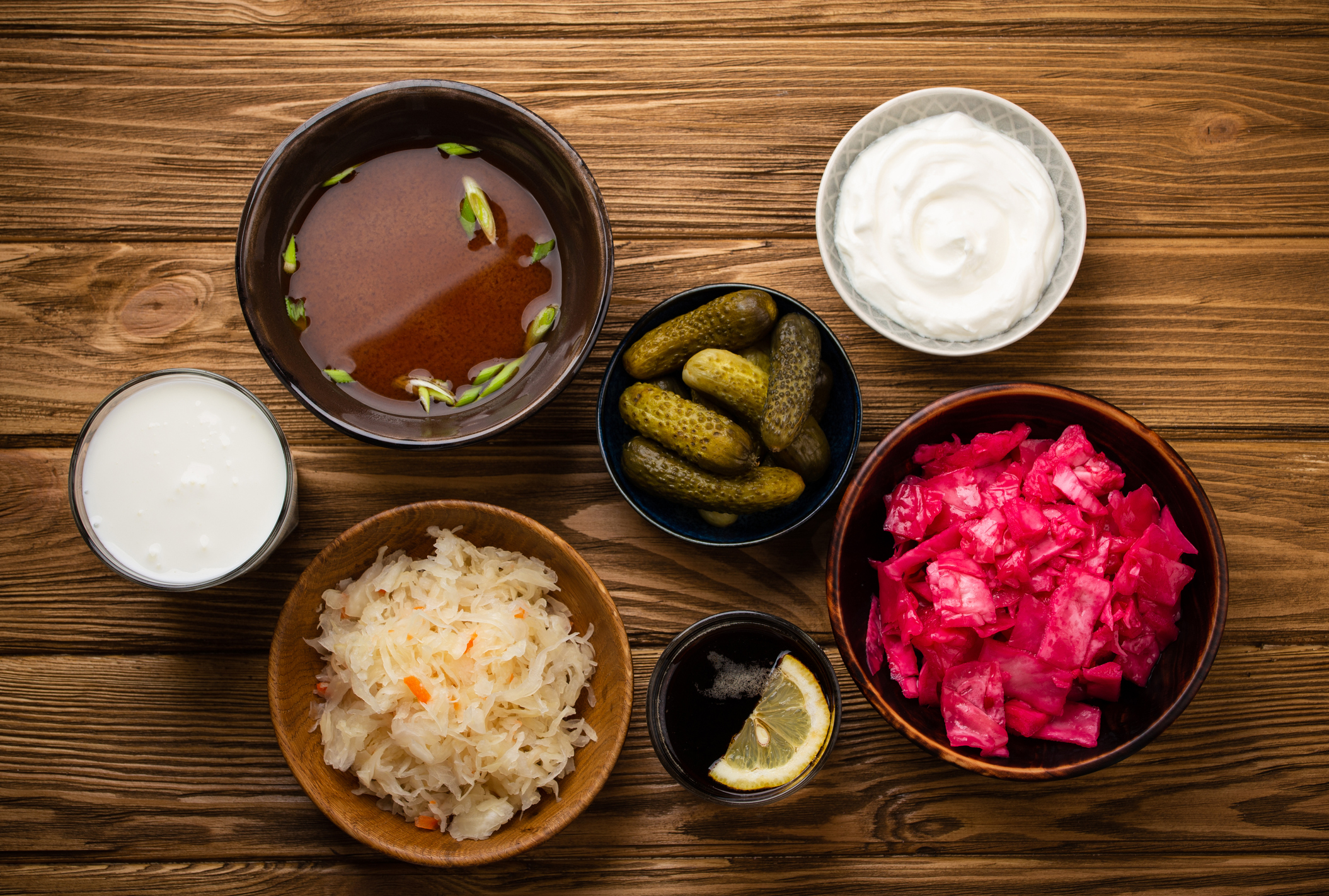
A healthy vagina has good bacteria that work to prevent the growth of bad bacteria. In order to keep the good bacteria in fighting shape, it is always a good idea to include probiotics in your diet via foods like yogurt, sauerkraut, or kimchi. You can also take probiotic supplements.
3. Consider making changes to your diet.
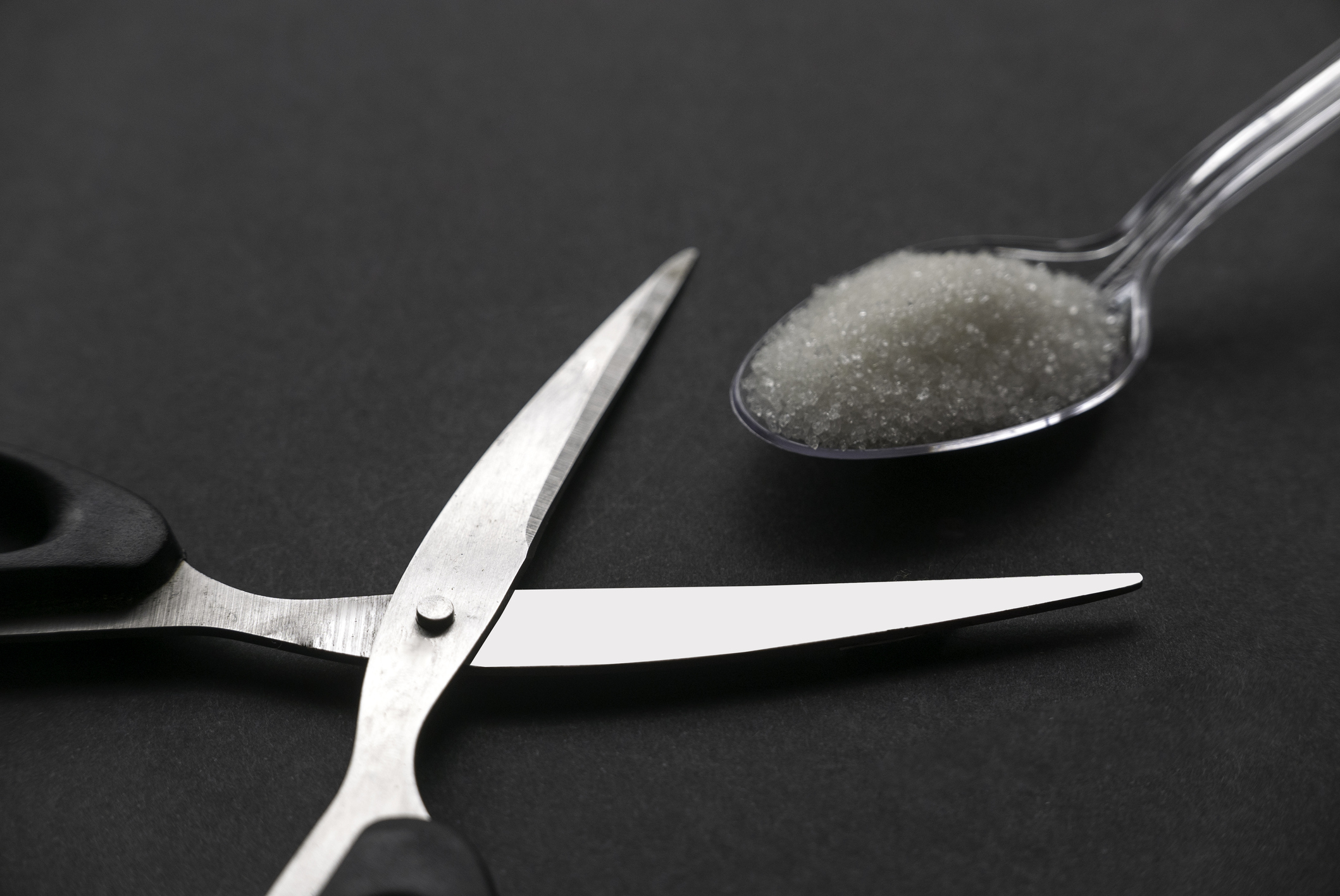
In addition to including probiotics in your diet to help healthy bacteria thrive, you may want to cut the amount of sugar you ingest, especially if you are prone to yeast infections. Why? Because yeast feeds on sugar and you really don't want to be feeding it.
4. Run away from douches!

Do not be fooled by commercials trying to convince you that your vaginal area needs to be super-cleaned and perfumed to smell like a meadow of flowers. Your vagina is self-cleaning and does a great job of maintaining its pH balance. When you use a douche, it can really mess with your pH balance and basically lays down a welcome mat for infections. Do not douche!
5. Clean your vulva gently and with gentle soap.
So you're not using a douche because you know that it's going to do more harm than good. Awesome! Still, you are going to want to wash your vulva when you shower. All you need to do to clean your vulva is use mild soap and water. Your vulva is the external part of your genitals.
6. Don't linger in wet or damp clothing.
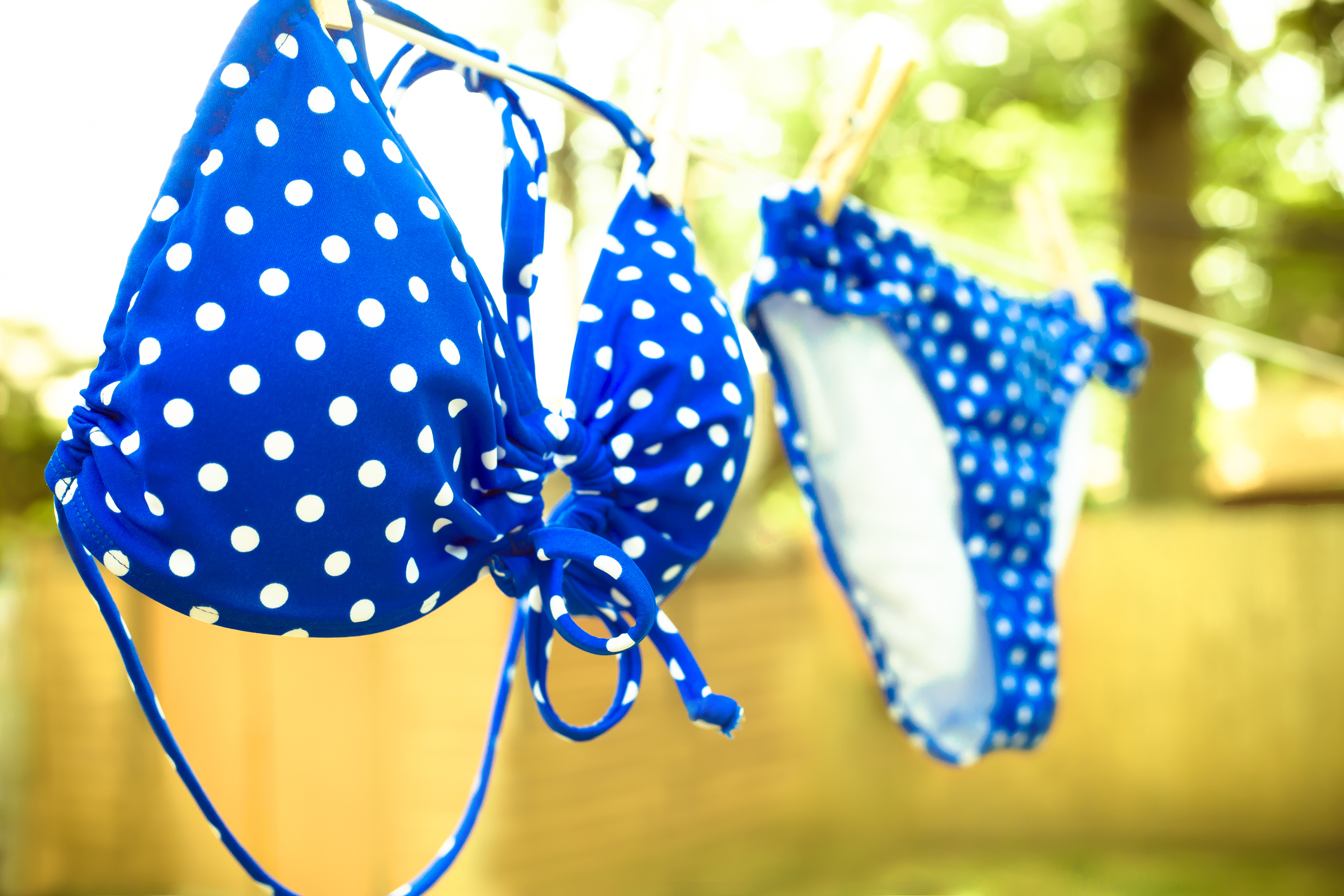
By all means get your workouts in and go swimming in the summer, but do not linger in your damp or wet gym gear or swimsuit. All that trapped moisture is going to create a hospitable environment for bad bacteria to grow. Bring a change of clothes so you don't spend extended periods of time in wet garments.
7. Rethink your whole hair situation.
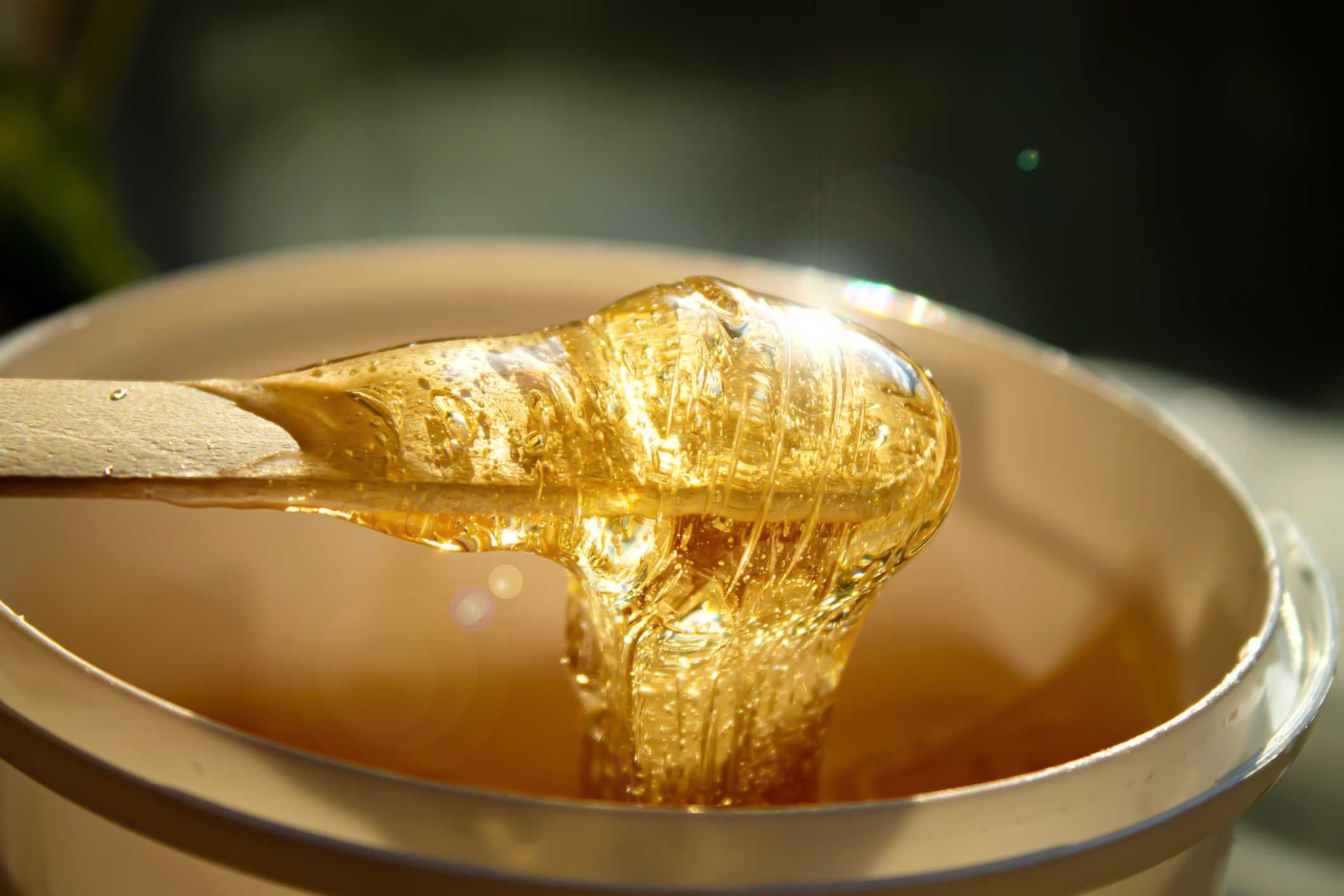
Many women remove some or all of their pubic hair, and that's a personal choice. But you should know that pubic hair does have a purpose. It actually helps prevent the transmission of pathogens and bacteria. According to the Mayo Clinic: "There's no medical or hygienic reason for removing some or all of your pubic hair." And removing your pubic hair can lead to bacterial infections as well as an "increased risk of contracting or transmitting viral infections, such as herpes simplex or HPV, due to cuts or skin irritation that make the skin more susceptible."
8. If you choose to shave, be mindful.
If you tend to get ingrown hairs, shaving might not be the best option for you. If you do shave, make sure that you are using a clean razor. This will help you avoid infections if you cut or nick yourself.
9. Go to licensed professionals for hair removal.
If you go somewhere for waxing or laser treatments, make sure you are going to a licensed professional. Not everyone knows what they are doing and you really want to make sure you are going somewhere safe that will not put your health at risk.
10. Stay away from scented everything.
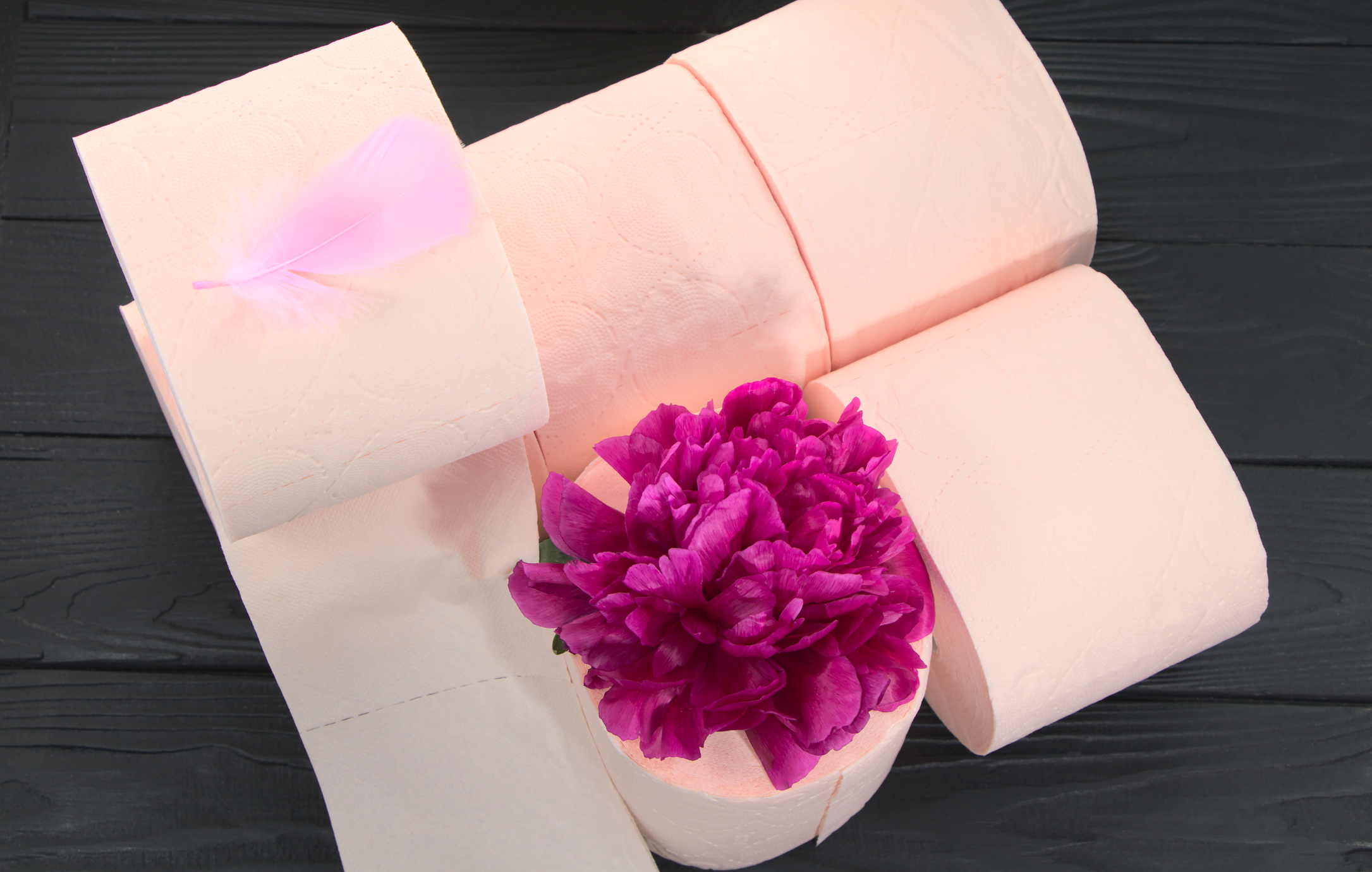
Keep scented products away from your genital area as they can trigger infections or allergies. That includes scented toilet paper, scented soaps, scented pads, and so on. You don't need to add fragrance to the mix.
11. When in doubt, visit your health care professional.

If something isn't feeling quite right, visit your doctor. If you're itchy, irritated, or smell differently than usual, go see your doctor. Work through any embarrassment or shame you may be experiencing and go see your doctor. They will help you diagnose what is going on, prescribe medication if needed, and advise you on how to get back to healthy.
12. Avoid the temptation to self-diagnose.
Unless you are a doctor, you are not a doctor. Even if you've had a yeast infection before and are sure that's what you have, please contact your actual doctor because you may be wrong. It's not worth risking your health.
Disclaimer: The advice on MamasLatinas.com is not a substitute for consultation with a medical professional or treatment for a specific condition. You should not use this information to diagnose or treat a health problem without consulting a qualified professional. Please contact your health care provider with questions and concerns.

